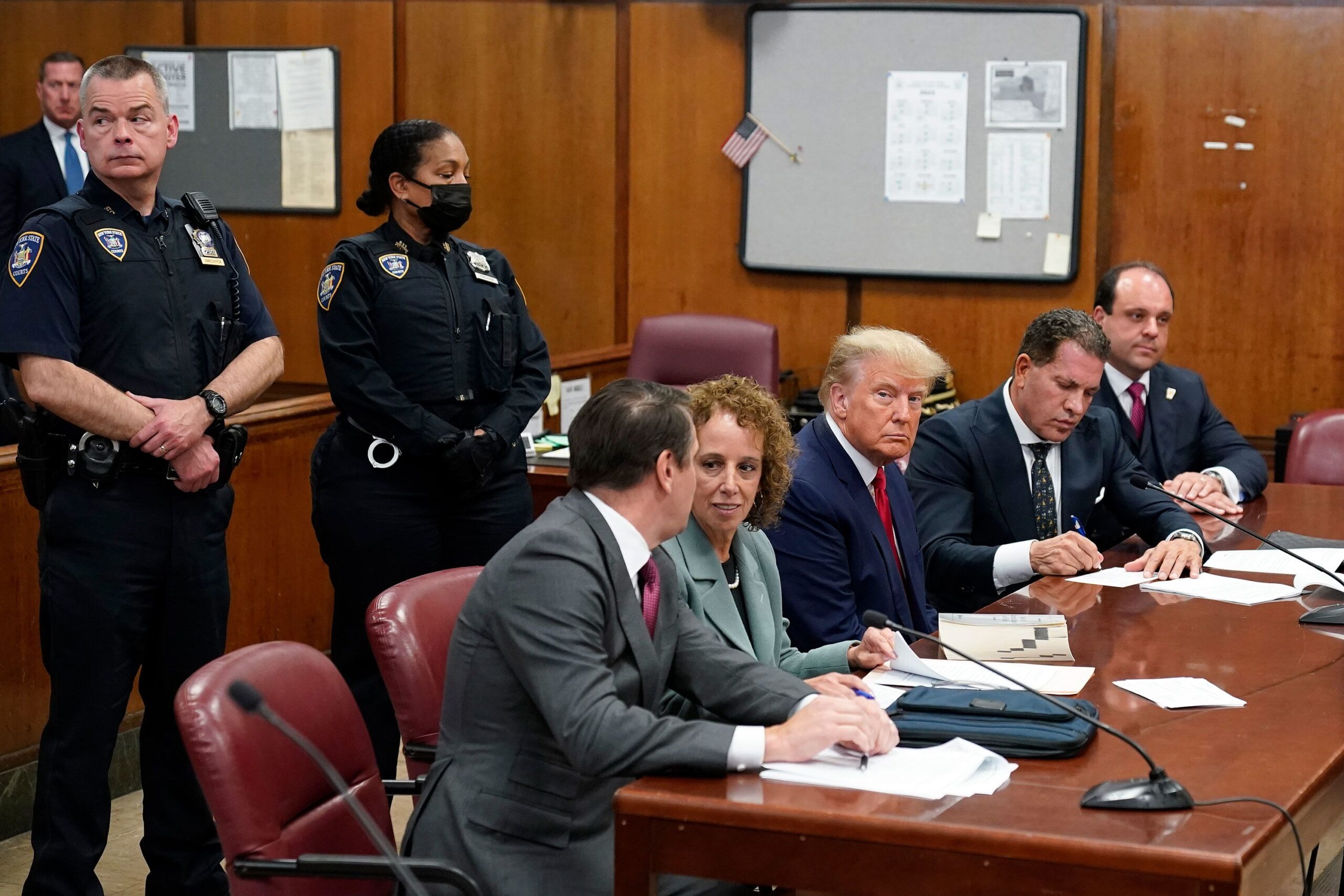As former President Donald Trump prepares for his first criminal trial, CNN invited readers to submit their questions. The trial concerns alleged hush money payments made prior to the 2016 election to women claiming to have had affairs with Trump. The response was overwhelming, with a range of thoughtful and legitimate questions. Here, we present a selection of these questions, along with context and analysis from CNN’s reporters.
Trump denies the affairs and has pleaded not guilty. The most frequently asked question was whether Trump could potentially face jail time. CNN’s chief legal analyst Laura Coates addressed this, stating that if Trump were found guilty on all counts, he could theoretically face more than a decade in prison. However, the judge has discretion over the sentence, and given the nonviolent nature of the offenses and Trump’s lack of a criminal record, the sentence could be significantly less.
Another key question was whether the trial would be broadcast. New York state civil rights law limits what can be broadcast, and the presiding judge, Juan Merchan, has not allowed cameras in the courtroom in the past. However, photos and video inside the courtroom may be taken prior to proceedings.
Many readers wondered if Trump would be required to be present at the trial. New York law does require a defendant’s presence, but there are exceptions. Trump could request to be excused, but the prosecution could object. If Trump were to behave disruptively, he could be removed from the court during the trial.
Another common question was whether the alleged affairs were illegal. The affairs themselves, which Trump denies, are not illegal. The hush money payments are not necessarily illegal either. However, in this case, the payments were intended to hide details from voters before the 2016 election, which violated campaign finance law.
Trump’s legal strategy appears to be to delay proceedings as much as possible, in the hope that they do not conclude before the presidential election. This strategy has been successful in federal court so far, but has not worked in this case in New York.
Finally, many readers wondered what would happen if Trump were convicted, sentenced, exhausted appeals, reported to prison, and then won the election. This is a complex and largely unanswerable hypothetical, as it assumes a very specific sequence of events. However, the Constitution theoretically allows a person to serve as president even if they are a convicted felon.

